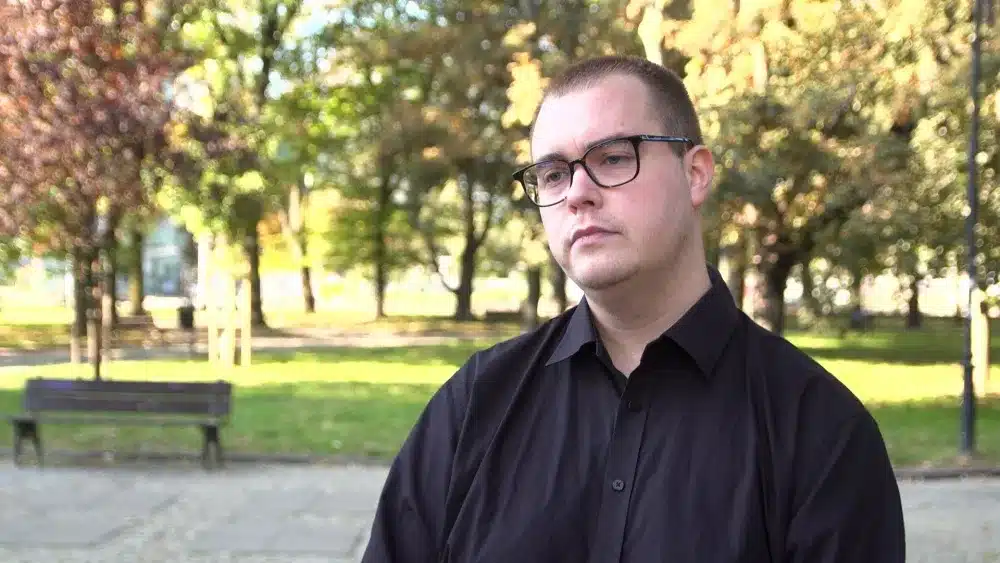Education gap, poorer test results, lower chances for higher education, shorter lifespan, later retirement age, but above all, loneliness in depression, and a higher number of suicides – these are the problems faced by contemporary Polish men. The difficulties in solving these issues are not only due to the lack of common awareness of their existence, but also to social stereotypes, which make it difficult for men to ask for help, as well as the lack of systematic structures to provide this help.
“The areas in which men may be more vulnerable are mainly related to health, education, or even stereotypes that operate in our society,” says Tomasz Topolewski from the Association for Boys and Men to the Newseria Biznes news agency. “If we look at suicide statistics, they are very alarming. Roughly every two hours one man takes his own life. According to World Health Organization statistics, for every successful suicide attempt, there are 20 attempts, which gives us a terrifying statistic that every six minutes a man in Poland tries to take his own life. These are changes that already require a systematic approach.”
According to the “Demographic Yearbook 2023” from the Central Statistical Office, in 2022, 2.1 out of 10 thousand men died by suicide. This is twice as many as in traffic accidents and seven times more than women. Tomasz Topolewski points to the need for systemic changes, increased access to mental health support, ensuring its regularity, but primarily, a wide-ranging educational campaign to make society aware of the gravity of the problem and encourage men to seek help for depression.
“Men often function differently when dealing with a mental health crisis. Different chemicals work in their brains, and they perceive reality differently from healthy people. Hence, it is important not to judge these individuals. It is also crucial to challenge stereotypes in our society, like ‘boys don’t cry’, or that men have to be strong,” explains Topolewski.
As he underlines, there is a certain disparity between men and women in education.
“We observe an educational gap that affects boys, especially when it comes to language, like Polish or English. The educational gap is the difference in test results. If we compare the educational outcomes, measured by tests, we see that boys get worse results than girls. This has a direct impact on who gets admitted to universities. In many areas, women more often graduate. Moreover, statistics show that men more often drop out of university after the first stage of higher education,” points out the expert.
Recent statistics by the Central Statistical Office from the “SDG Report 2023”, show that women in Poland more often start and complete university education than men. In the 25-34 age group, 50 out of 100 women achieved higher education, as compared to 31 out of 100 men. Polish women also continued their education into adulthood slightly more often than Polish men
Topolewski emphasizes that educational disparities among boys and men not only affect test results but also the quality of life.
According to the Central Statistical Office data from 2023, the average life expectancy of men in Poland was 74.7 years, while for women it was 82 years. It means that a man, retiring at the statutory age of 65, has less than 10 years of life and receipt of benefits left, while a woman – 22 years.
“There are many areas of inequality for men in Poland. One of them is the retirement age. Poland is the last country in the European Union that has not introduced equal retirement age. There’s also the issue of access to medical examinations, those available without referral, or the matter of the military,” lists the expert from the Association for Boys and Men. “Men are legally required to undergo military qualification, while only selected groups of women do so. It’s important to initiate a public debate – that’s what we as an Association for Boys and Men call for. Let’s not say that these problems don’t exist, because they do and affect millions of men in Poland every day.”
